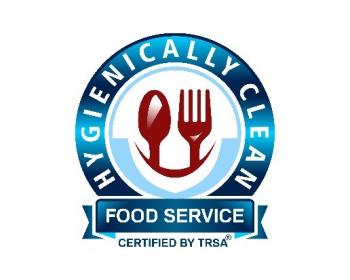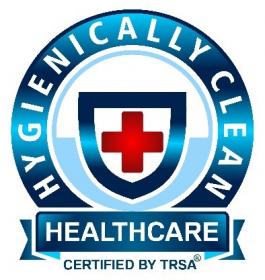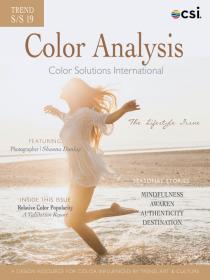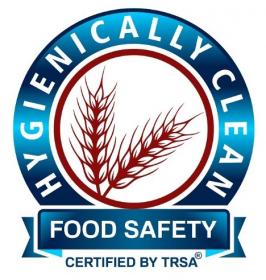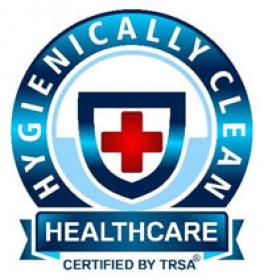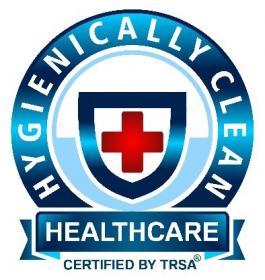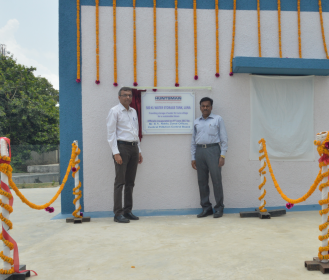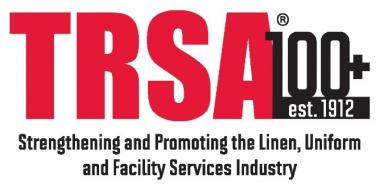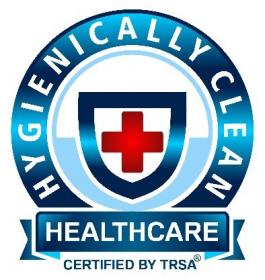Loop Linen Certified for Food Service Laundering
Loop Linen has earned the Hygienically Clean Food Service designation, reflecting their commitment to best management practices (BMPs) in laundering as verified by on-site inspection and their capability to produce hygienically clean textiles as quantified by ongoing microbial testing. Loop Linen is a fourth-generation family-owned linen and uniform service company located in New Orleans suburb of Westwego.
The certification confirms the laundry’s dedication to compliance and processing linens and garments using BMPs as described in its quality assurance documentation, the focal point for Hygienically Clean inspectors’ evaluation of critical control points (CCPs) that minimize risk. The independent, third-party inspection must confirm essential evidence that:
• Employees are properly trained and protected
• Managers understand legal requirements
• OSHA-compliant
• Physical plant operates effectively
In addition, Loop Linen’s facility passed three rounds of outcome-based microbial testing, indicating that their processes are producing Hygienically Clean garments and linens and diminished presence of harmful bacteria. To maintain their certification, laundry plants must pass quarterly testing to ensure that as laundry conditions change, such as water quality, textile fabric composition and wash chemistry, laundered product quality is consistently maintained.
This process eliminates subjectivity by focusing on outcomes and results that verify textiles cleaned in these facilities meet appropriate hygienically clean standards and BMPs for full- and limited-service restaurants and other food service operations.
Hazard Analysis and Critical Control Points (HACCP) practices are examined in the Hygienically Clean Food Safety inspection process, evaluating the plant’s techniques for:
• Conducting hazard analysis
• Determining CCPs, monitoring their control, correcting them if not under control
• Validating and verifying HACCP system effectiveness
• Documenting and record-keeping to show ongoing conformance
Inspections also evaluate practices relevant to handling and processing textile products used in food manufacturing/processing establishments for adherence to U.S. Food and Drug Administration (FDA) and Centers for Disease Control and Prevention (CDC) directives. Introduced in January 2016, Hygienically Clean Food Service brought to linen and uniform service laundering in North America the international cleanliness standards used worldwide by the Certification Association for Professional Textile Services and the European Committee for Standardization.
“Congratulations to Loop Linen on their certification,” said Joseph Ricci, TRSA president and CEO. “This achievement proves their dedication to building their customers’ confidence that their laundry takes every step possible to prevent human illness.”




